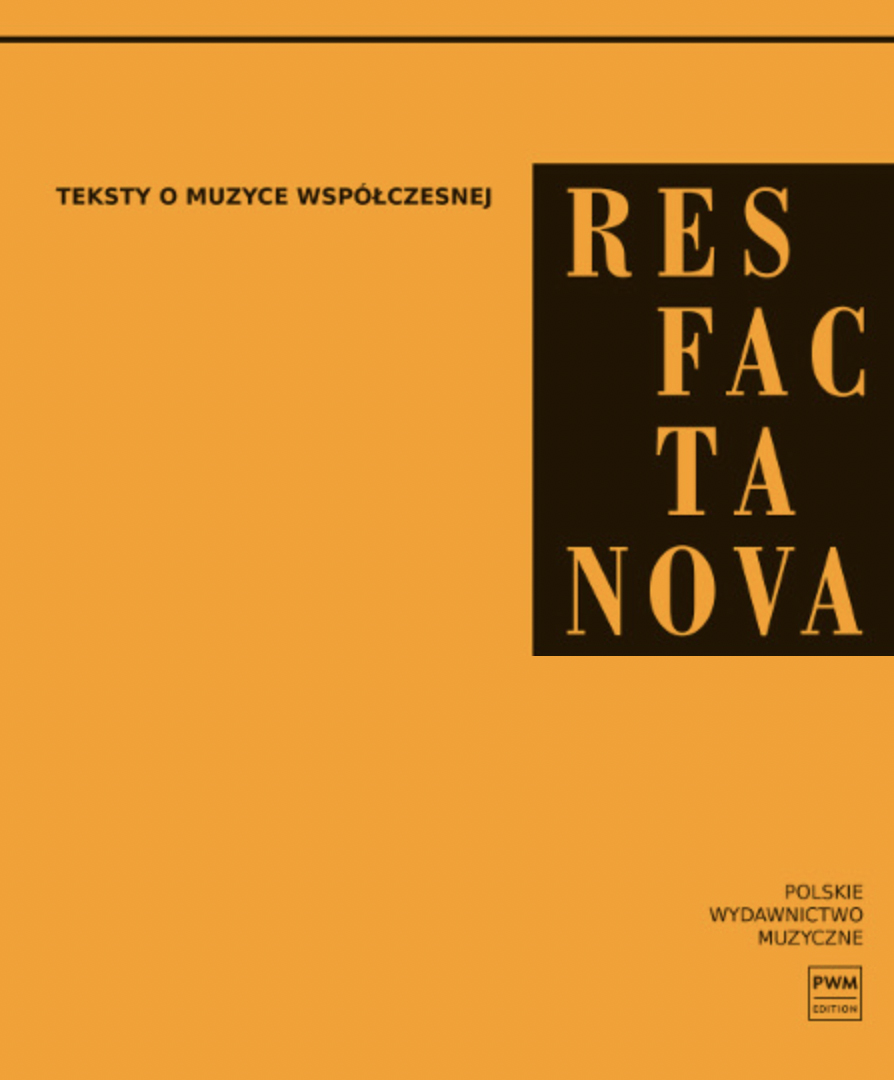Muzyka w służbie „naukowego zarządzania” – od tayloryzmu do audiomarketingu
Music in the service of „scientific management” – from Taylorism to audiomarketing
Author(s): Sylwia MakomaskaSubject(s): Fine Arts / Performing Arts, Music
Published by: Polskie Wydawnictwo Muzyczne
Keywords: background music; Scientific Management; Taylorism; Muzak; audio-marketing; consumer behaviour; acoustic engineering
Summary/Abstract: The presence of music in the contemporary world also encompasses its functioning within activities that can be termed “acoustic engineering”. It is a strategy that involves the designing, construction and modification of the acoustic space of a given place by means of programmed music using scientific and technical knowledge. Its purpose is to modify or change the recipients’ responses and behaviour in a way consistent with the values and interests of the sender. In such an approach, music is embedded in the framework of the social communication model, which assumes that the end result of the communication process is to control the recipients’ responses and behaviour (usually unconsciously for them). This strategy primarily concerns activities carried out in public space. The analysis of the selected concepts that use music as an instrument of “scientific management” in the workplaces and at the points of sale (e.g. Muzak and audiomarketing) seems to confirm that music was and is being used as an effective tool for the control and change of the workers or/and consumers behaviour. In this way, the listener is reduced to the role of a responsive recipient and becomes “the slave of the surrounding world”. The purpose of this article is to show the relationship between the “scientific management” doctrine introduced by Frederick Winslow Taylor in 1911 and the selected concepts in which music is treated as a tool of influence. Special attention will be paid to the contemporary activities known as audiomarketing, which, according to the Author, can be regarded as a manifestation of neo-Tayloris.
Journal: Res Facta Nova
- Issue Year: 2018
- Issue No: 19 (28)
- Page Range: 20-27
- Page Count: 8
- Language: Polish

